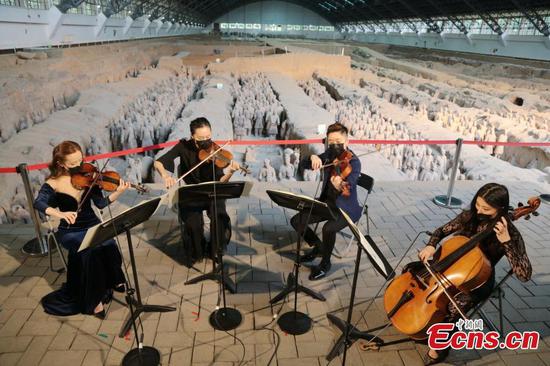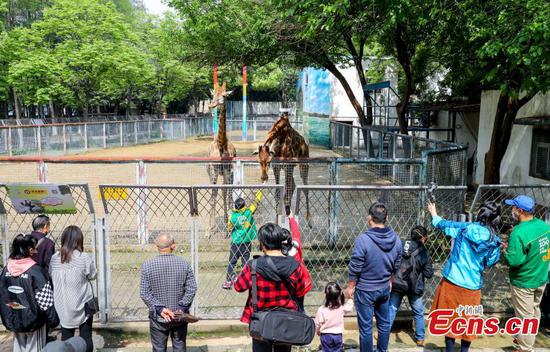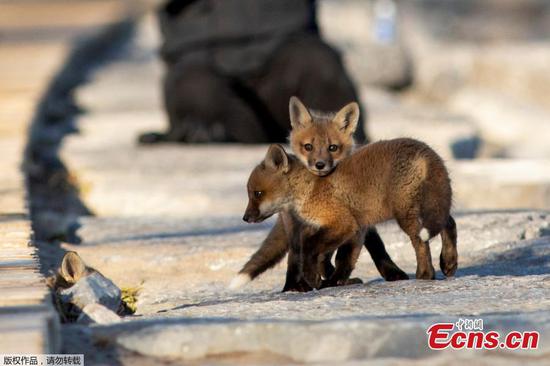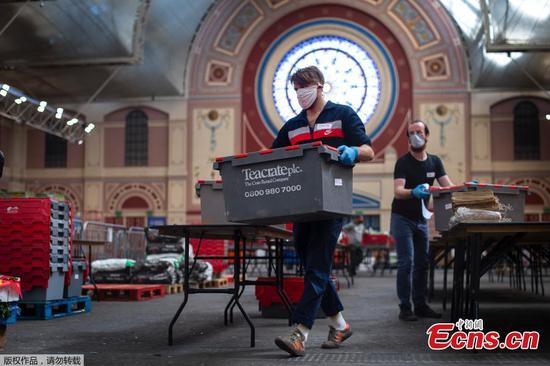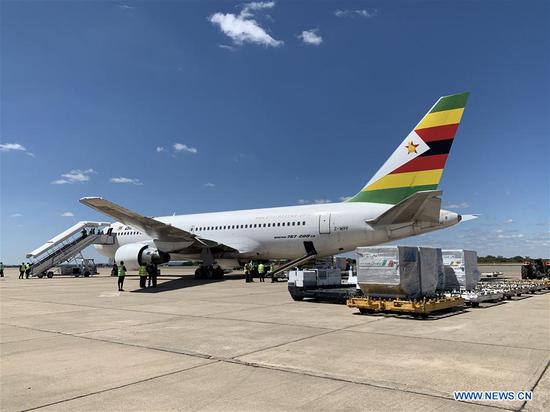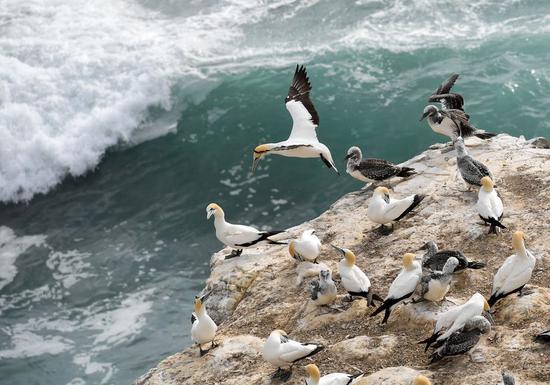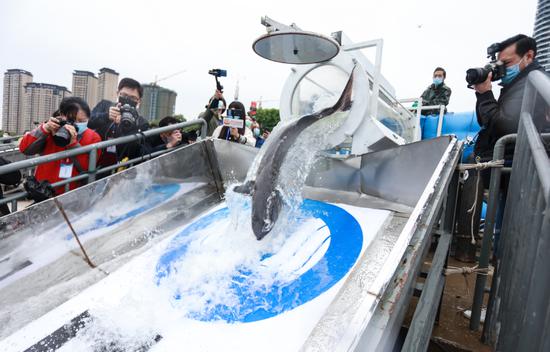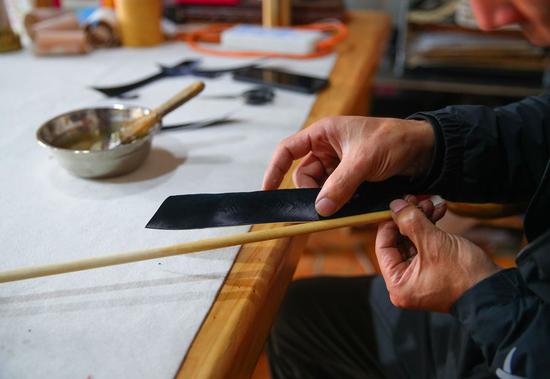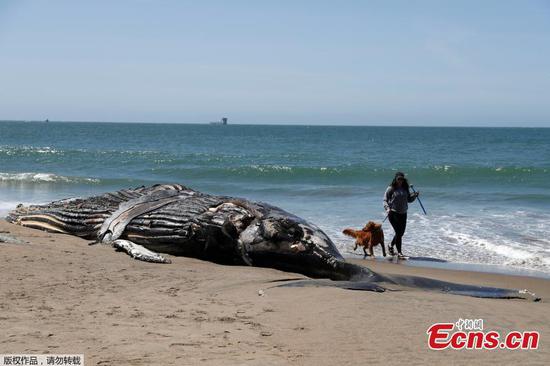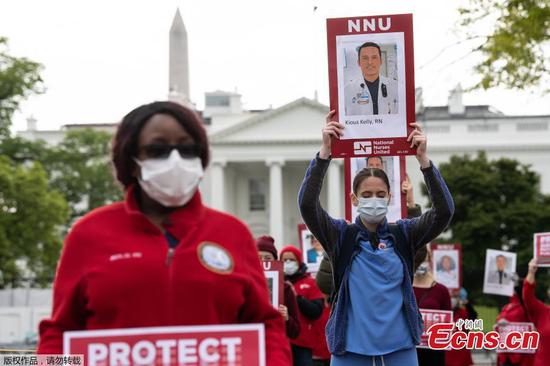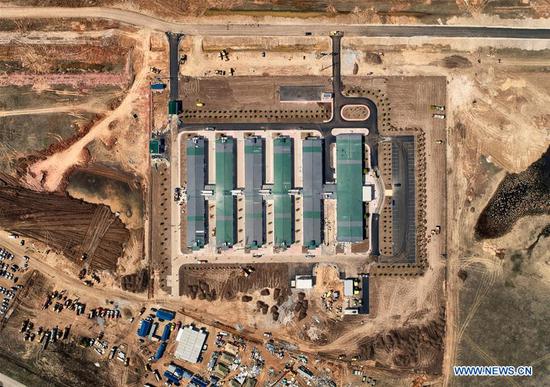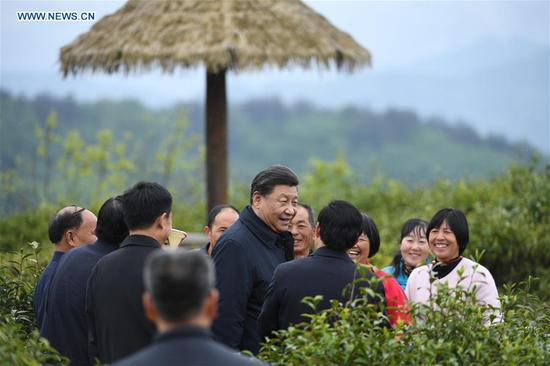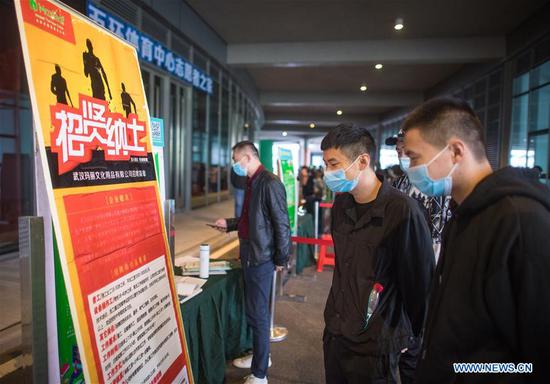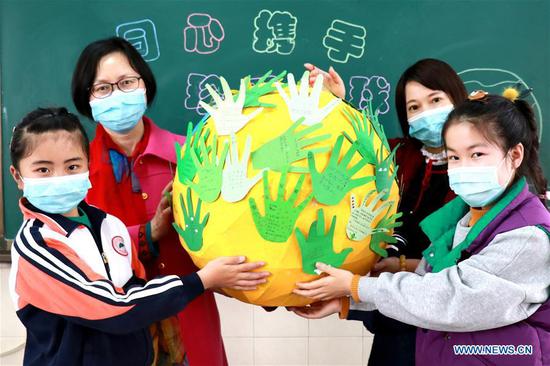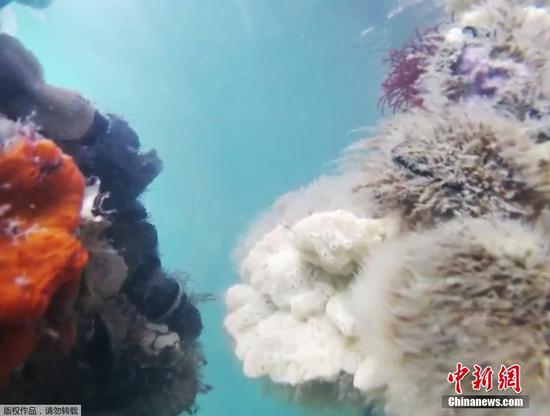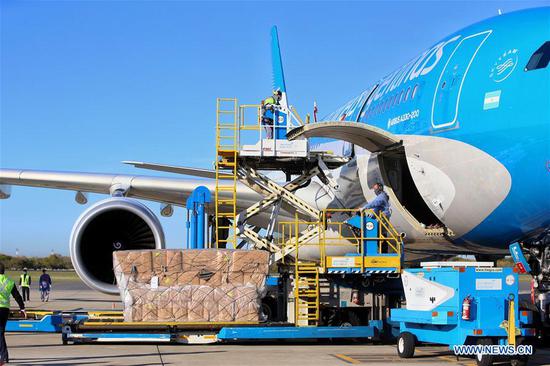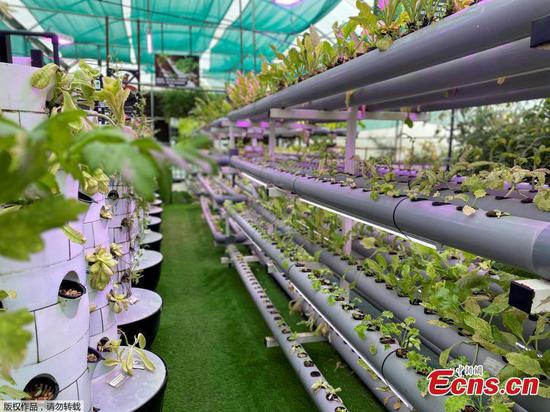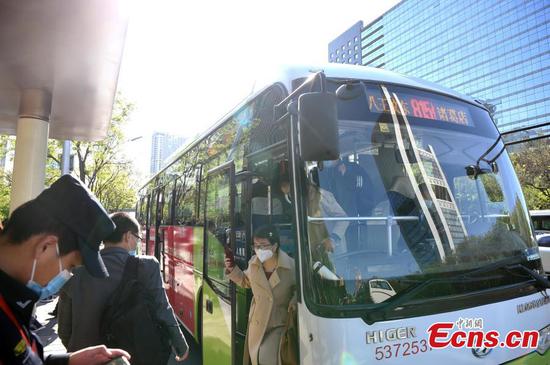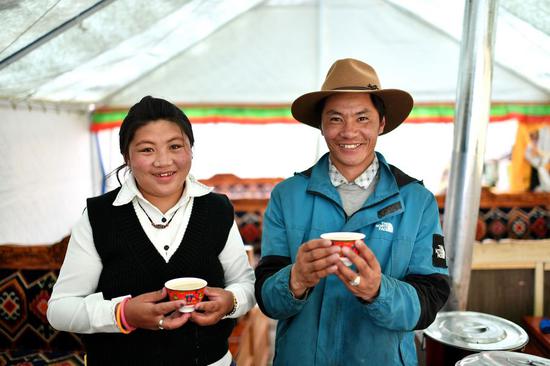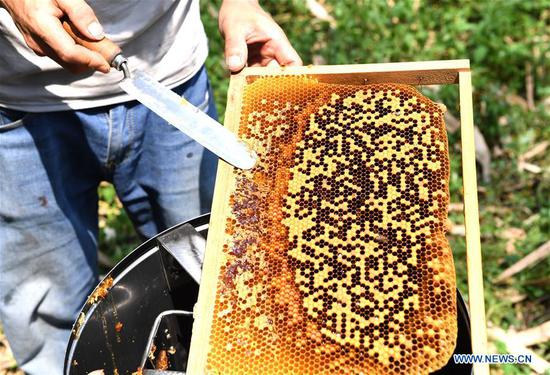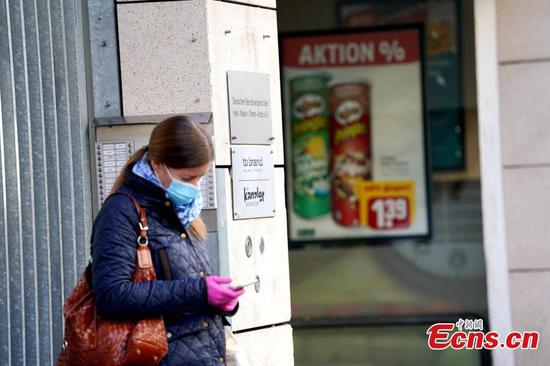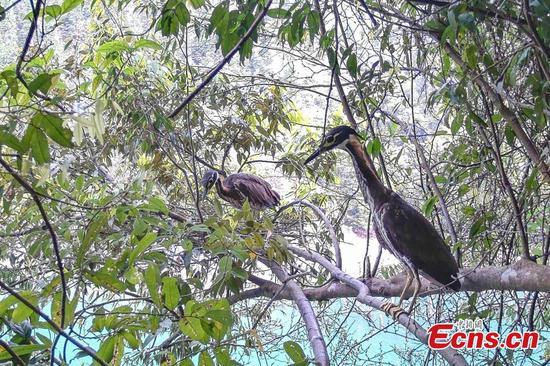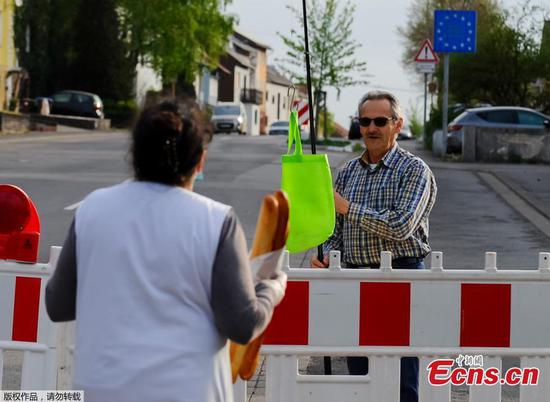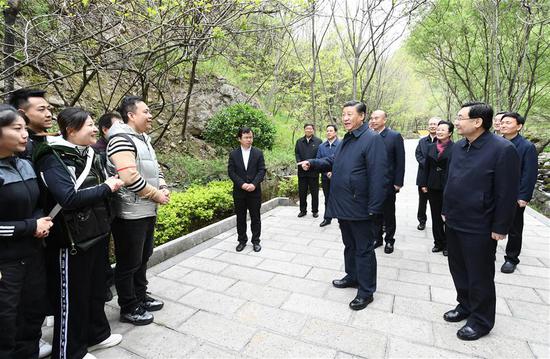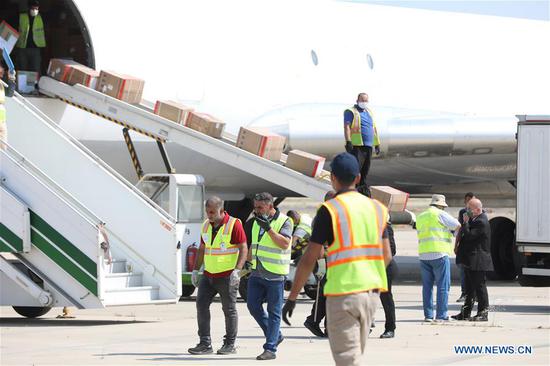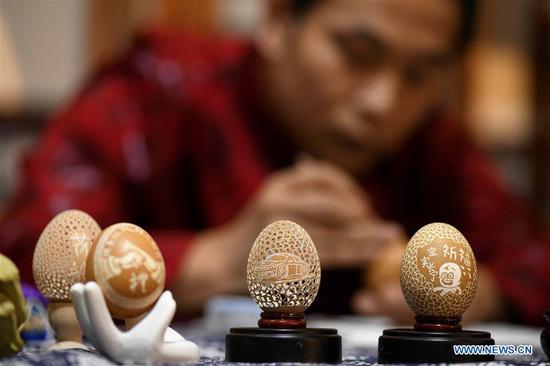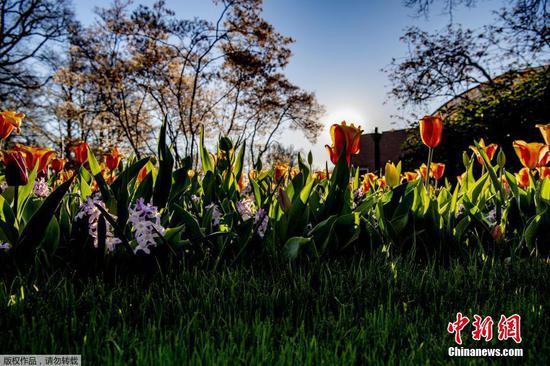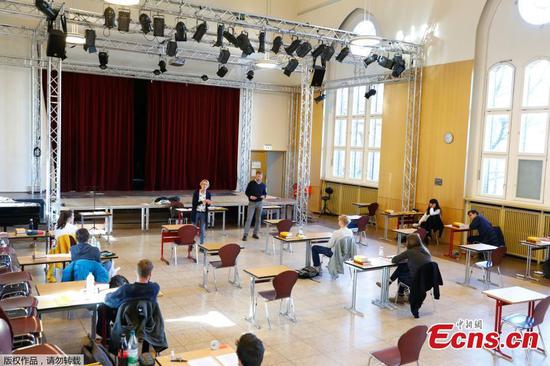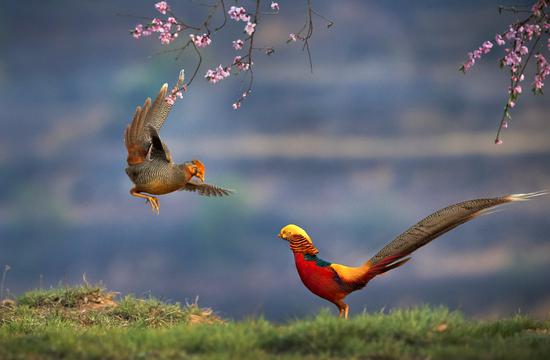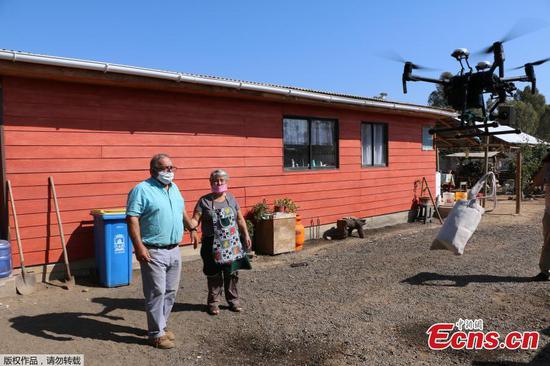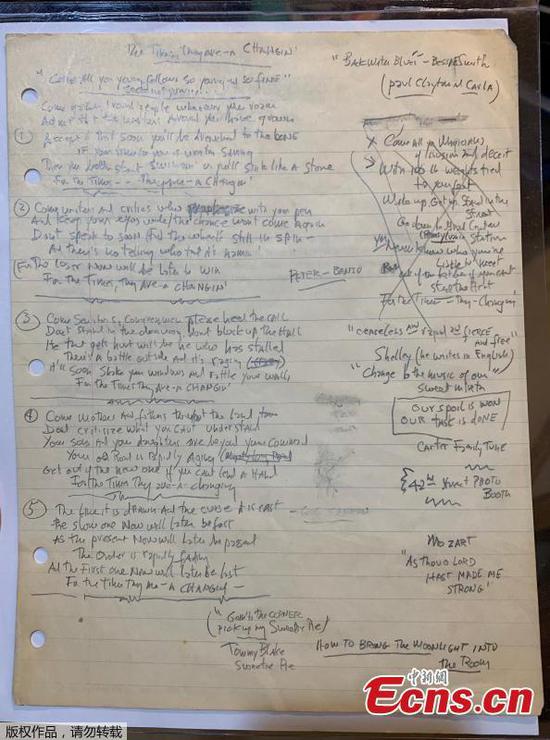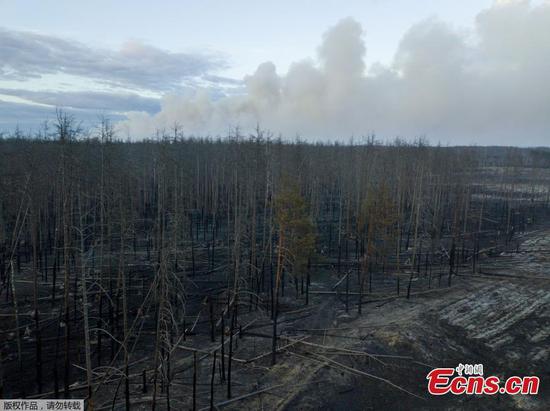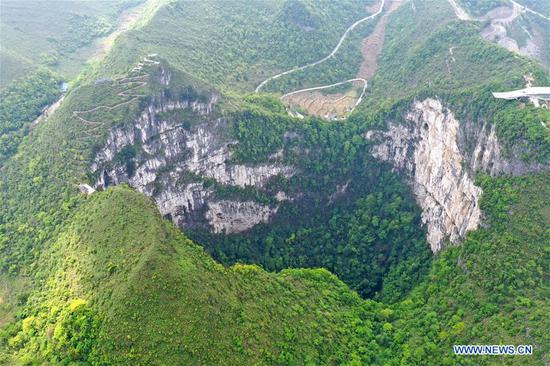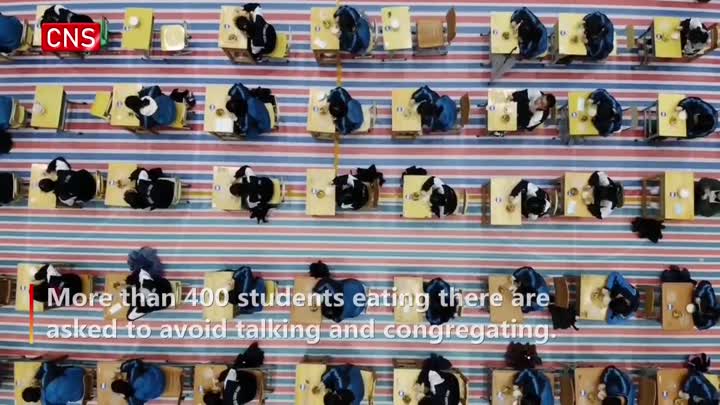With the China-U.S. relations rattled by the COVID-19 pandemic, a panel of experts has urged the two governments to enhance cooperation on vaccine development and assistance to developing countries, in order to better cope with the global crisis.
At a video discussion themed "Risks of U.S.-China 'Decoupling'" on Tuesday, part of the Bloomberg New Economy Conversation series, former Prime Minister of Australia Kevin Rudd said the U.S.-China relationship has deteriorated rapidly "at virtually every level" amid the pandemic, but he hopes there is a "tactical pause in hostilities."
Rudd, who now serves as president of the Asia Society Policy Institute, called on the two countries to focus on concrete collaboration on vaccine development and collaboration in third countries.
Echoing his remarks, former U.S. Deputy Assistant Secretary of State Susan Shirk said that despite soured public opinion toward each other, the United States and China must work together because strengthened cooperation is a "lifesaver," which could save more lives in America, China and the rest of the world.
"There will be a second and third wave of this pandemic that we need to get ready for," said Shirk, who is a professor at the University of California, San Diego School of Global Policy and Strategy.
Shirk urged the two governments to enhance high-level communication, and bolster cooperation on ensuring the free flow of medical supplies, helping the developing world, as well as vaccine development and distribution.
The former U.S. official noted that now is the right moment for the two countries to have an agreement on how to fairly share the vaccine after it's developed.
Asked how she views the U.S. government's decision to suspend immigration, Shirk said the Trump administration's immigration policies are "alien" to American tradition, which values global talent, including Chinese talent, who has been a vital ingredient in American innovation.
"It would be so self-destructive for the United States to make Chinese students feel afraid to come here because they see that this inflamed anti-China sentiment right now in the United States is jeopardizing Chinese Americans as well as (those) from China," she said.
Chinese Ambassador to the United States Cui Tiankai, who also joined the discussion, said he hopes for "a serious rethinking of the very foundations of this important relationship."
Noting that the virus has had such a big impact on China, the United States and the rest of the world, Cui said the two countries should think really hard about the real threats to the global community, as well as their true common interests.
"So hopefully this pandemic will really teach all of us a good lesson," said the ambassador. "And China-U.S. relations could be based on a more realistic, forward-looking foundation."
Cui cautioned against politicizing the COVID-19 outbreak and the "anything-but-China" mindset. As COVID-19 began to emerge outside China, including European countries, China extended a helping hand, but the country's kindness was described as geopolitically-motivated, Cui said.
When China adopted new measures for quality control to make sure donated equipment met international standards, some again accused China of blocking exports of medical supplies, Cui continued.
"I would call it the ABC mindset, anything but China. I'm really worried about that," he said.
In response to a question on the political bickering between Washington and Beijing amid the COVID-19 spread, Cui said there should be a distinction between those who are "narrowly politically motivated," and the general public in China and the United States.
"I think all this stigmatization and blame game are played out by the small number of such politicians," Cui said. "But if we look at the relations between the two peoples, I think that we have had a longstanding friendly relationship."
When China confronted the outbreak, "we got a lot of support and understanding from American people, American businesses, American institutions, or even individuals ... We appreciate this very much," Cui said.
"And now the United States is confronting this outbreak. There's some outpouring of donations, supplies from Chinese provinces, cities, or businesses," he said. "So I think the two peoples are still helping each other."
"I can see a deep-rooted, friendly sentiment between the two peoples and I still trust this and hopefully the wish of the people will eventually prevail," Cui said. Enditem









